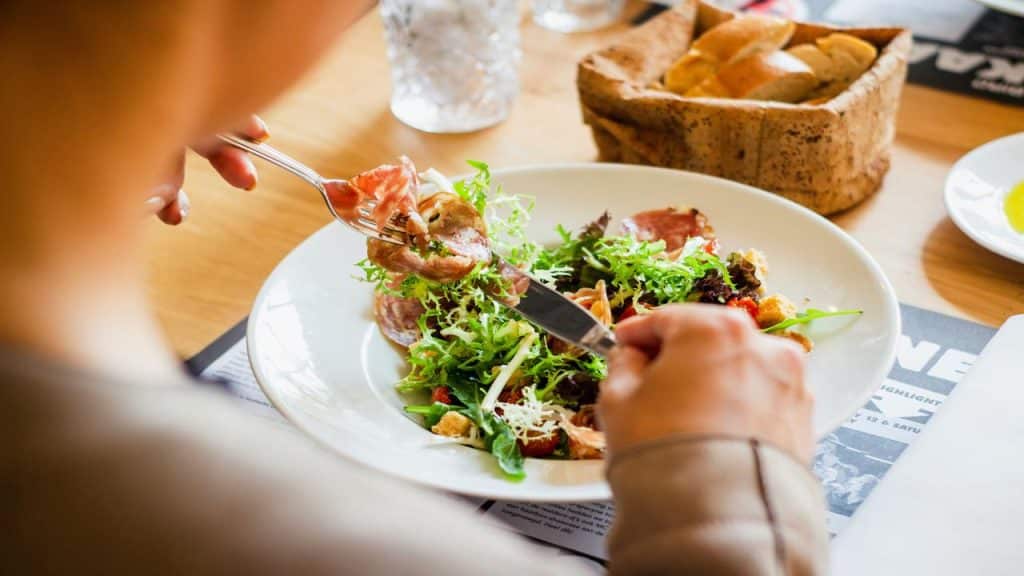
Turning 50 is a turning point in a person’s life. You’ll notice that the body doesn’t bounce back as fast, the muscle drops off quicker, and that one bite of burger hits harder than it used to
What you eat matters more now than it did in your 30s or 40s. You don’t need a complicated diet. You need smart, consistent habits that work with your lifestyle, not against it.
Here’s a clear-cut list of practical dietary tips that’ll help you stay strong, sharp, and feeling great in your 50s.
1. Stick With High-Quality Protein
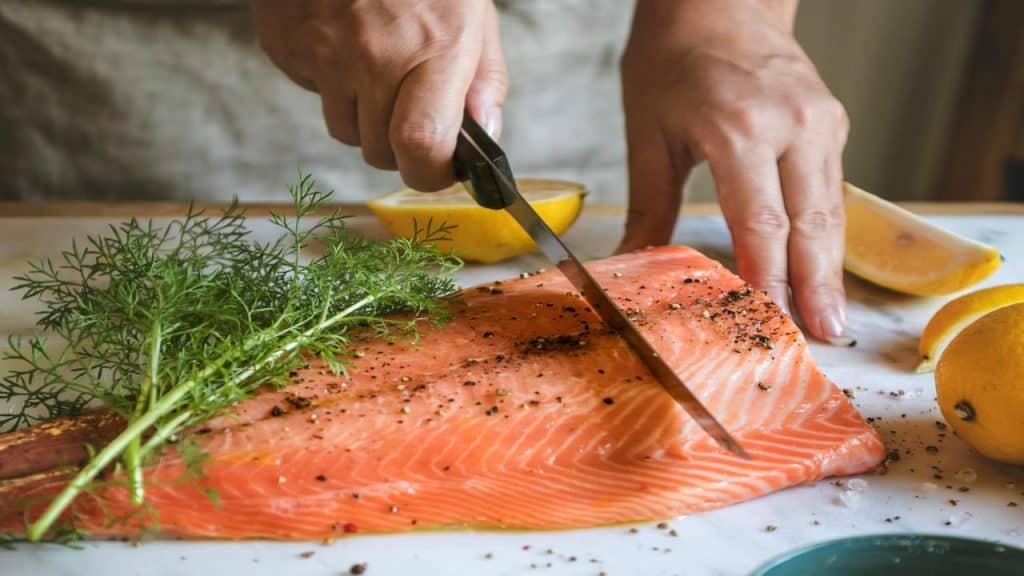
You lose muscle mass faster in your 50s. That’s normal, but you can slow it down by eating enough protein. Aim for a decent serving at each meal. Think eggs in the morning, grilled chicken or fish at lunch, and something lean at dinner.
Beef, turkey, Greek yogurt, beans, and cottage cheese all work. If you’re working out regularly, especially lifting weights, protein’s even more important to support recovery and maintain strength.
2. Eat More Fiber (Your Gut Needs It)
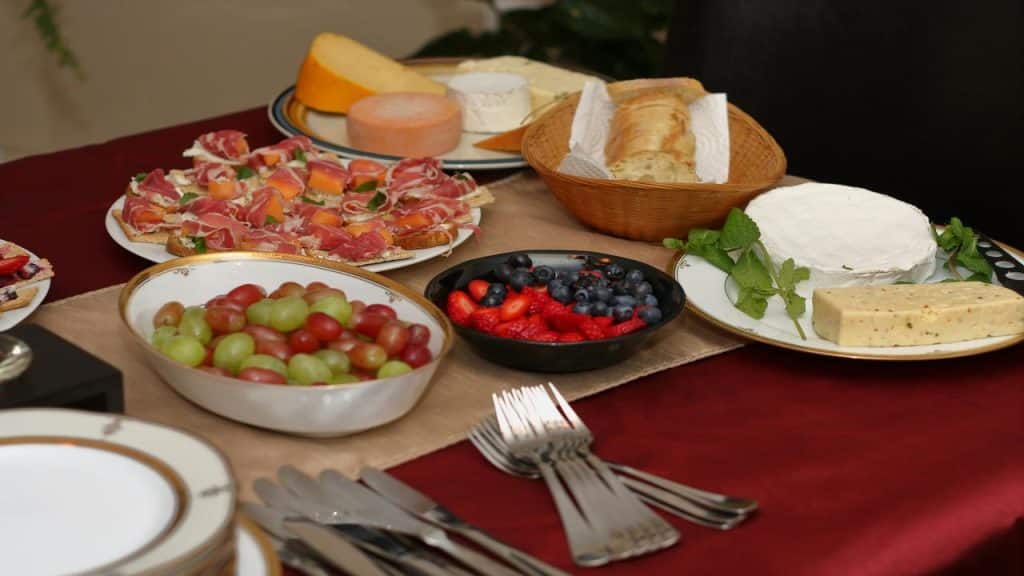
Fiber helps with digestion, blood sugar, and cholesterol. Most guys don’t get enough. Add more fruits, vegetables, oats, and whole grains to your meals. Swap white bread for whole wheat. Throw some chia seeds in your smoothie or cereal.
Yes, it keeps you regular, but it also supports long-term heart health, something to pay attention to after 50.
3. Limit Refined Carbs, Not All Carbs
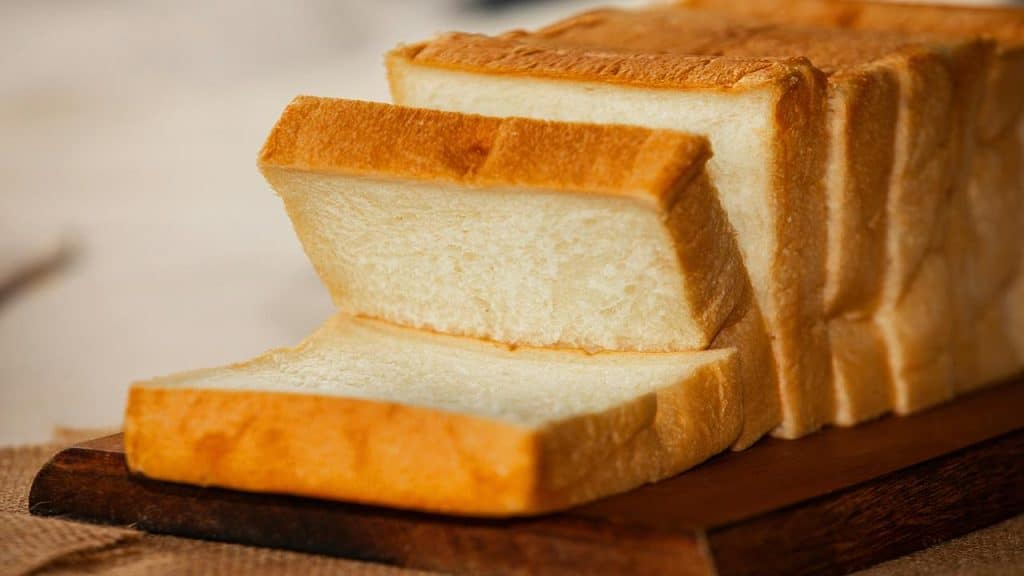
Carbs aren’t the enemy. But ultra-processed ones like white bread, pastries, chips, and soda spike your blood sugar, crash your energy, and pack on fat fast.
Instead, go for slow-digesting carbs like brown rice, sweet potatoes, whole wheat pasta, beans, and vegetables. They fuel your body without the crash and help keep your metabolism steady.
4. Hydration Gets More Important with Age

You don’t feel thirsty as often in your 50s, but that doesn’t mean you’re hydrated. Water supports brain function, digestion, and even joint health.
Shoot for about 8 cups a day, more if you’re active or it’s hot outside. Coffee’s fine, but it doesn’t replace water. Soda and alcohol, of course, don’t count.
5. Dial Back the Alcohol
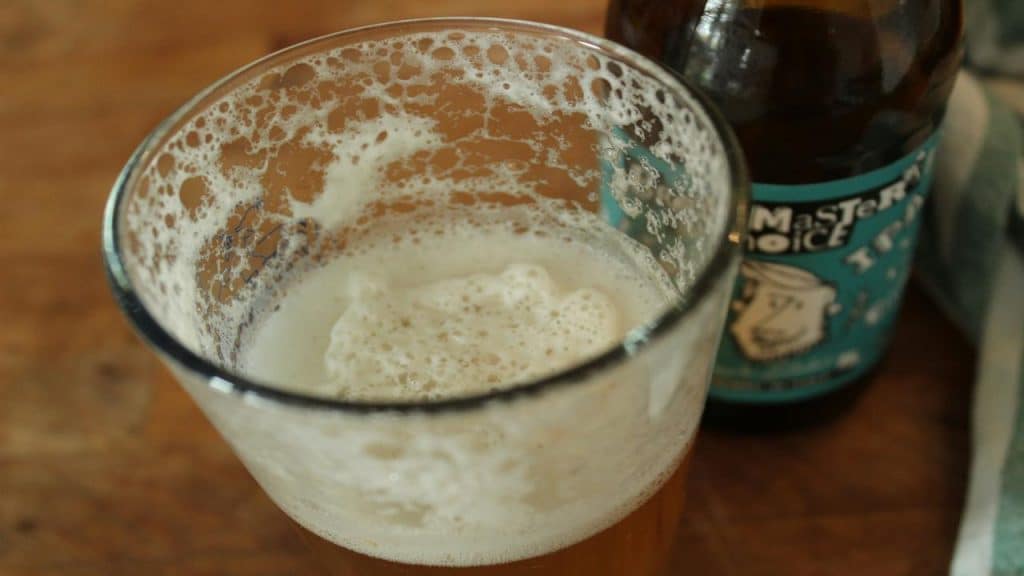
Alcohol hits harder in your 50s. Your liver processes it more slowly, and it messes with your sleep, testosterone, and weight. One or two drinks a week? Probably fine. Nightly beers or heavy weekend drinking? Not helping your health or energy.
Cut back gradually if you’re used to drinking often. You’ll notice better sleep, less bloating, and clearer mornings.
6. Don’t Skip Breakfast
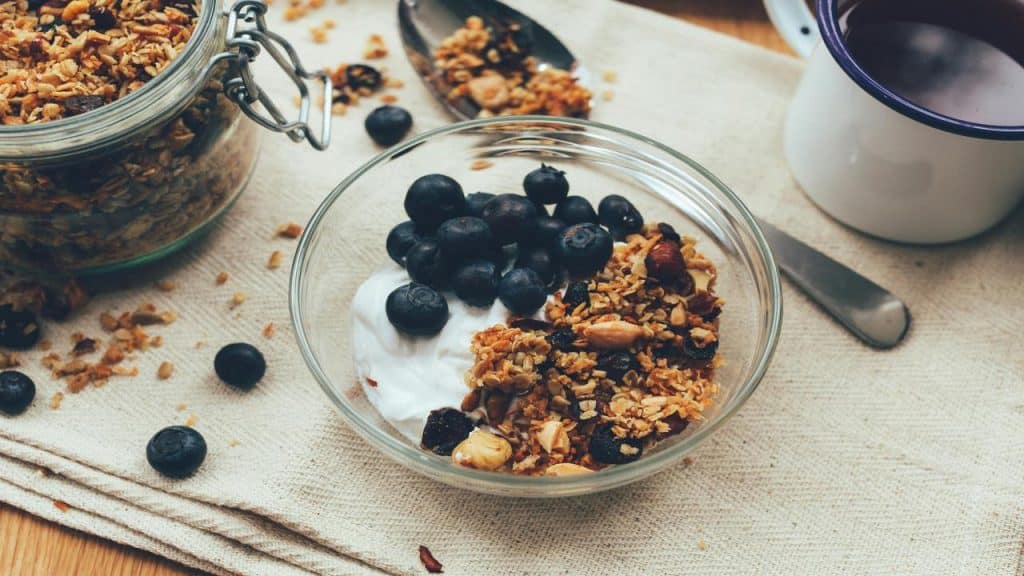
Skipping breakfast used to feel like a shortcut. But in your 50s, it can lead to overeating later or blood sugar dips mid-morning.
You don’t need a full diner-style spread, just some protein and fiber to start your day right. A couple of eggs, whole grain toast, maybe some fruit. Keeps your energy steady and your mood a little more level.
7. Add Fermented Foods to Your Routine

Your gut health affects your immune system, digestion, and even mood. Fermented foods like sauerkraut, pickles (real ones), Greek yogurt, kimchi, and kefir introduce good bacteria into your system.
They’re not trendy, just useful. Add a small serving a few times a week to help keep your gut in balance.
8. Get Enough Magnesium and Zinc
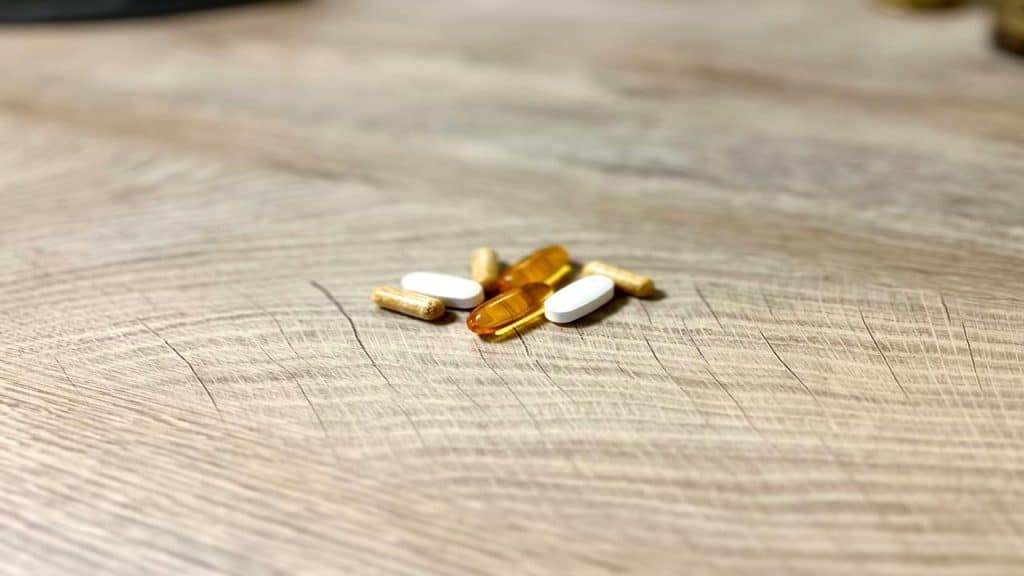
Many men in their 50s are low on magnesium and zinc. These minerals play a role in sleep, muscle function, and testosterone.
Magnesium-rich foods include pumpkin seeds, spinach, almonds, and black beans. For zinc, look to beef, shellfish, and cashews. A basic blood test can tell you if you’re low, and a supplement can help if needed.
9. Watch Your Salt but Don’t Fear All Sodium
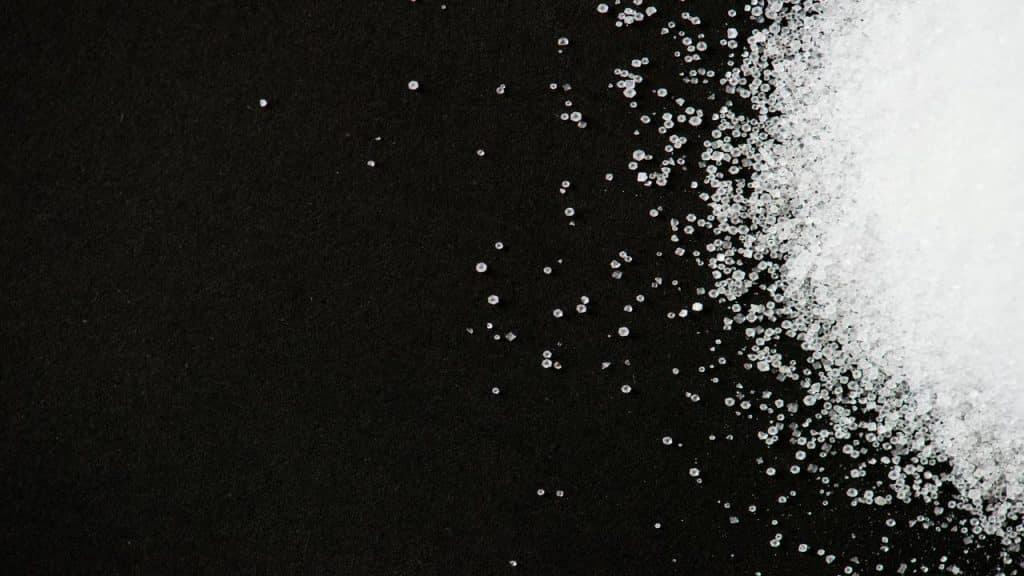
©Curated Lifestyle/Unsplash.com
A pile of coarse salt crystals scattered on a black surface.
Sodium isn’t all bad, but too much raises your blood pressure, especially as you age. The biggest culprits are packaged foods, fast food, and canned soups.
Read labels and aim for less than 2,300 mg of sodium a day. Cook more meals at home, where you can control what goes in. Use spices, herbs, lemon juice, and garlic to season instead of loading up on salt.
10. Healthy Fats Are Better Than No Fats
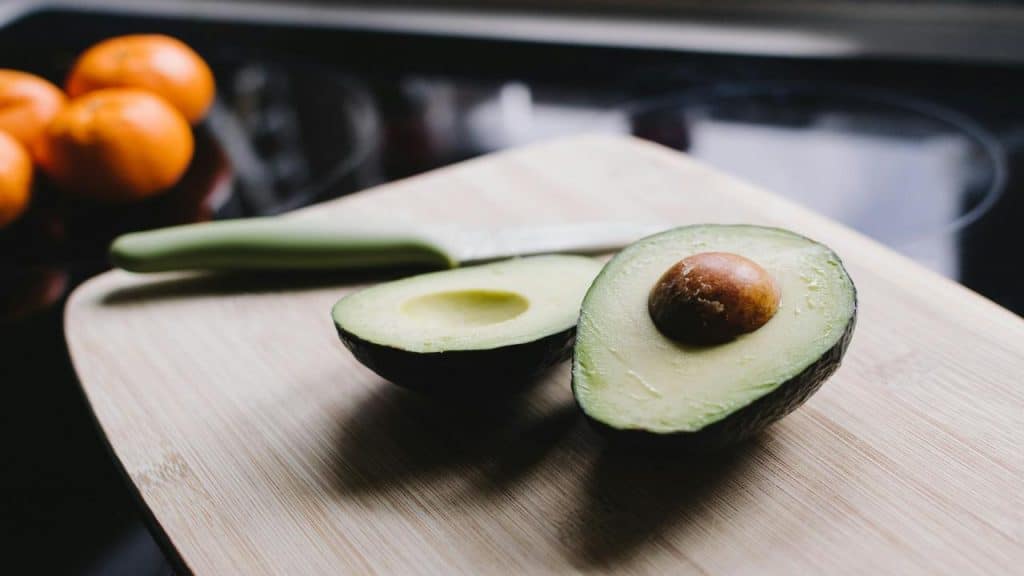
Fat isn’t the villain. In fact, healthy fats help with hormones, brain function, and joint support. Go for avocado, nuts, olive oil, seeds, and fatty fish like salmon.
What to avoid? Trans fats and heavily processed oils in fast food and packaged snacks. They mess with cholesterol and increase inflammation, two things you don’t need more of after 50.
11. Cook at Home More Often

Doesn’t have to be fancy. Just basic meals you can prep without needing a cookbook. A grilled protein, some roasted vegetables, maybe a simple salad.
When you cook, you control the salt, fat, sugar, and portion sizes. You’re less likely to overeat and more likely to stick to better ingredients.
12. Practice Portion Control

Your metabolism slows down in your 50s. Even if you eat the same foods as before, the weight creeps on faster. That’s where portion control matters.
Serve your plate, then put the leftovers away. Eat slower. Don’t go back for seconds unless you’re actually still hungry. A little awareness goes a long way.
13. Limit Processed and Packaged Foods
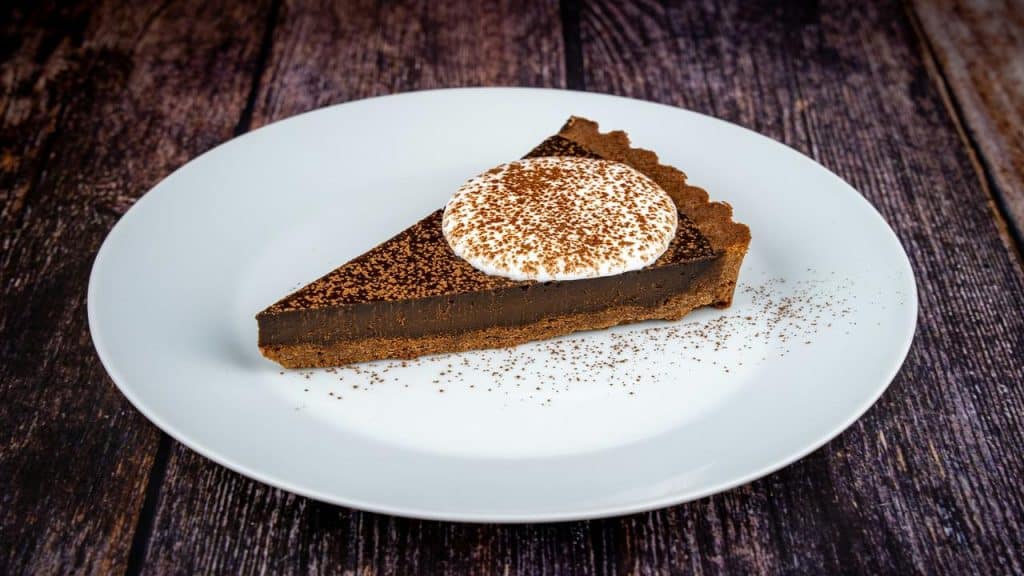
Most processed foods are loaded with salt, sugar, and fake ingredients. They’re designed to make you overeat and feel hungry again fast.
Swap chips for nuts, energy bars for real fruit or jerky, and frozen dinners for a home-cooked meal. You don’t have to be perfect, just aim for fewer labels and more real food.
14. Plan Snacks With Protein and Fiber
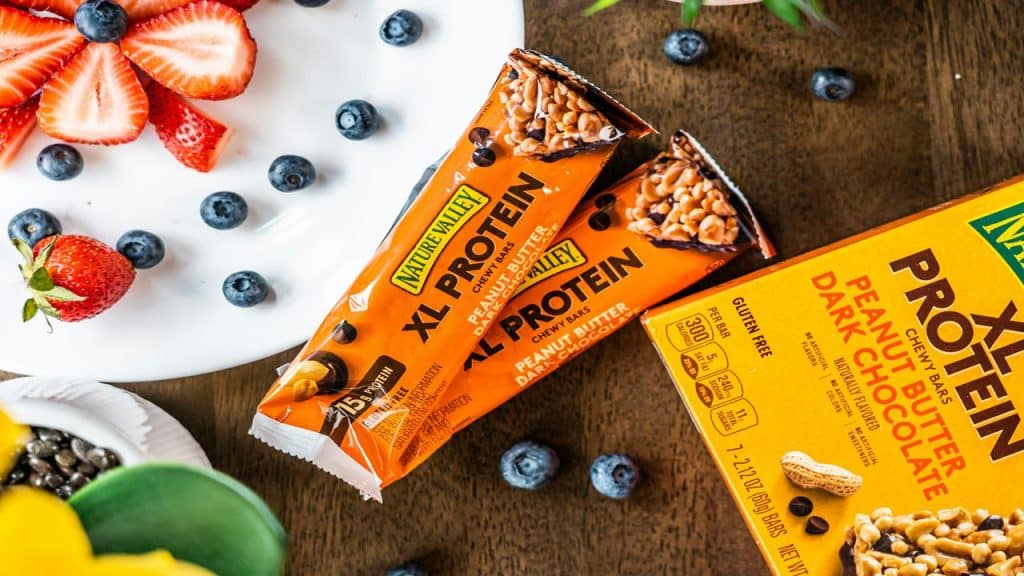
Snacking isn’t the problem. Mindless snacking is. Instead of chips or candy, have something that keeps you full. Think beef jerky, hard-boiled eggs, an apple with peanut butter, or cottage cheese with berries.
These snacks keep your energy up and help you avoid the post-snack crash that makes you reach for more junk.
15. Get Blood Work Done Every Year
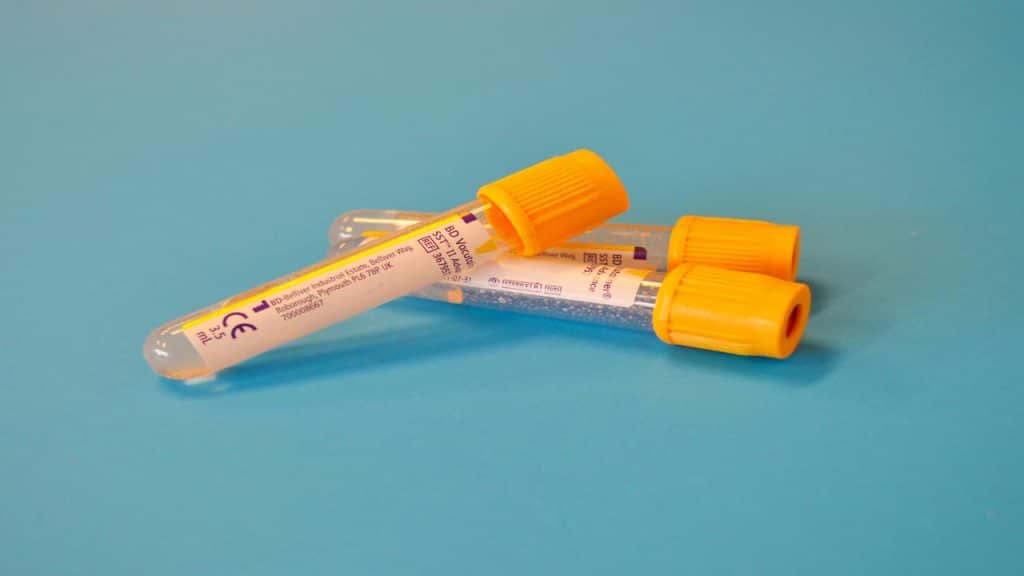
This one’s simple. You don’t know what you don’t test. A basic yearly blood panel can show early signs of issues like diabetes, low testosterone, vitamin deficiencies, and cholesterol changes.
Talk to your doctor and ask for a full check-up, especially if you’re making dietary changes. It’s better to catch problems early when they’re easier to fix.






Ask Me Anything